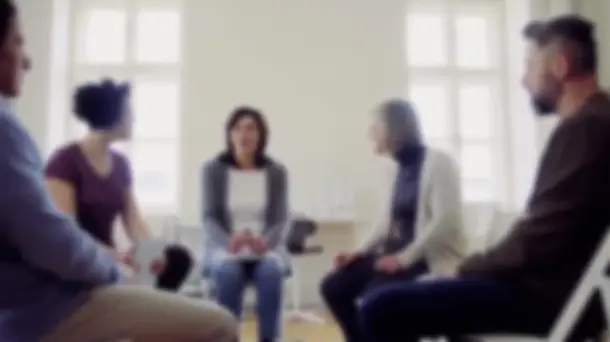What is our message? The message is that an addict, any addict, can stop using drugs, lose the desire to use, and find a new way to live. Our message is hope and the promise is freedom.
![]()


“When new members come to meetings, our sole interest is in their desire for freedom from active addiction and how we can be of help.”
This is a question every potential member must answer for themselves. Here are some recommended resources that may be helpful:
NA meetings are run by and for addicts. If you’re looking for help for a loved one, you can contact Narcotics Anonymous near you.
Sign up to receive Just for Today and SPAD daily meditation emails, as well as NAWS News, NAWS Updates, and more.
Never before have so many clean addicts, of their own choice and in free society, been able to meet where they please, to maintain their recovery in complete creative freedom.
Narcotics Anonymous sprang from the Alcoholics Anonymous Program of the late 1940s, with meetings first emerging in the Los Angeles area of California, USA, in the early Fifties. The NA program started as a small US movement that has grown into one of the world’s oldest and largest organizations of its type.
Today, Narcotics Anonymous is well established throughout much of the Americas, Western Europe, Australia, and New Zealand. Newly formed groups and NA communities are now scattered throughout the Indian subcontinent, Africa, East Asia, the Middle East, and Eastern Europe. Narcotics Anonymous books and information pamphlets are currently available in 49 languages.
As we mature in recovery, we get the same kinds of benefits from regular meeting attendance. Regardless of how long we’ve been clean, we never stop being addicts. True, we probably won’t immediately start using mass quantities of drugs if we miss our meetings for a few days. But the more regularly we attend NA meetings, the more we reinforce our identity as recovering addicts. And each meeting helps put us that much further from becoming using addicts again.
“I volunteered in the merchandise room at our convention right after celebrating ten years clean,” a member shared. “I folded T-shirts and unboxed coffee mugs for hours, wondering all along what kind of goodie I’d get for doing my part. A mug? A shirt? At the end of my shift, they said, ‘Thanks for your service!’ and gave me a hug. In a matter of moments, I went from being disappointed in them to being disappointed in myself!”
The good we do for others is not limited to our service in NA. Another member wrote, “My sponsor told me to do something for someone else and keep it a secret. On my way to a meeting, I saw someone asking for change, and I bought them a sandwich. The first thing I did when I shared at the meeting was congratulate myself for being so generous.”
Perfect selflessness may be out of reach, but we can always strive to be less self-centered. We don’t have to disappear completely; we simply step out of the spotlight for a moment. When we feel the impulse to make a moment about ourselves, we learn to say, “Thanks for sharing,” and let the impulse go.
Feeling like we are owed for our service and comparing our generosity to that of those around us are just a couple of the ways addiction seeks to separate us from others. Service and kindness help us reconnect. We keep our focus on those we are helping. We hope that the convention-goers who purchase a mug or a T-shirt look back fondly on their convention experience for years to come. We hope that the hungry person felt some relief for a little while; we hope that if we see them again, they look and feel better. We think of ourselves a bit less, we think of others a bit more, and we begin to feel gratitude.